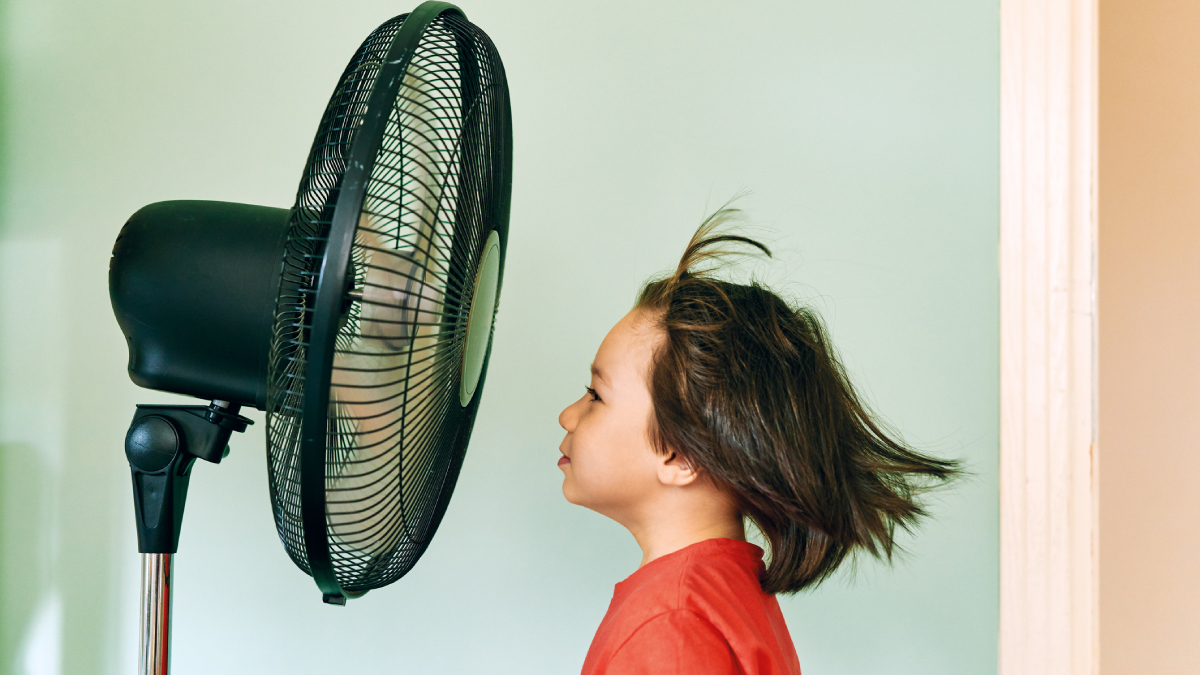
Prevent These 12 Common HVAC Headaches This Summer
During the hottest days of the summer, you depend on your HVAC system to keep your home cool and safe from the heat. That being said, your air conditioner may run into problems as day-to-day use increases as the heat does. Review these 12 typical HVAC headaches in the summer to help you avoid or repair them as needed.
1. Weaker Airflow
Airflow may get worse if you have a clogged air filter, damaged ductwork or an obstructed condensing unit. Preventive maintenance such as replacing the air filter, leaving all air registers open and cutting back any weeds from around the outdoor unit will often improve airflow. Persistent problems may indicate more serious issues such as ductwork obstructions or a failure of the compressor, which all need professional service.
2. Leaking Refrigerant
The refrigerant supply is the main element in air conditioning. Leaking reduces the system’s total supply and reduces cooling efficiency, forcing your unit to work harder even as the temperature control plummets. Refrigerant problems are more common in aging units but can occur in any system strained by high usage. Signs you may have a leak include warm air blowing from your vents, whistling or gurgling sounds, and higher-than-expected utility bills. Only a professional can resolve the problem because handling refrigerant requires EPA certification.
3. High Humidity
Excessive indoor moisture levels makes the air feel muggy and encourages mold growth. chills and dehumidifies the air at the same time, but this may not always be adequate in particularly humid climates. Adding a dehumidifier can resolve the problem unless the cooling has small but growing issue causing humidity levels to get worse.
4. Incorrectly Set Thermostat
Wonky thermostat settings can cause comfort problems and a spike in energy costs. If you run into these issues, start with your thermostat. If a member of the family keeps adjusting the settings higher or lower, it’s more of a hassle to balance convenience and energy efficiency.
5. No Power Is Making It to the Air Conditioning
If the AC doesn’t turn on, check for a tripped breaker or blown fuse first. If this is not the issue, there might be something wrong with the unit’s capacitors or contactors, which start the unit. Call a professional to schedule a repair appointment.
6. Regularly Tripping Breakers
Continuing with circuit breakers, you shouldn’t have to constantly reset them. The HVAC system is supposed to be on a dedicated circuit designed to work with this type of equipment. Frequent circuit breaker trips is a safety hazard, indicating an electrical malfunction that needs immediate attention.
7. Clogged Condensate Drain
The condensate drain eliminates moisture produced by your AC system’s cooling cycles. An obstruction in this drain can lead to water damage or mold problems. It helps to regularly review and clear out this drain if needed to avoid water damage.
8. Frozen Air Conditioner
A frozen air conditioner often comes from poor airflow or a leak in the coolant supply, both of which may halt your HVAC from properly exchanging hot and cold air. A frozen coil messes with the cooling process and could even cause long-term damage. Regular maintenance is essential to prevent freezing and preserve efficient operation.
9. Dirty Condenser Coils
The condenser coils on the outdoor cabinet are continuously left to the elements, so dirt and debris may collect over time. Cobwebs, dirt and dust, grass clippings and other built-up debris start to cover the unit, hampering its ability to release heat and increasing daily wear and tear. Wash these coils occasionally with a gentler spray from the hose to help maintain system efficiency.
10. Strange Smells
If you can’t stand the strange smells coming out of your AC unit, investigate further to determine where they’re coming from. A burnt smell can come from electrical sparks or a component overheating, while a stale smell suggests mold growth somewhere in the system. These kinds of smells often do best with immediate attention to avoid any health problems and performance issues.
11. Unusual Noises
Unusual noises coming from your heating and cooling is a common sign that something isn’t right. Screeching could point to a belt in need of replacement, while clanking or knocking sounds could point to loose components. Don’t ignore these kinds of noises, as they could be signs of larger problems, more expensive repairs or total system failure if not fixed promptly.
12. The Cooling Cycle Starts and Stops Too Often
Short cycling is when the AC unit turns on and off much more often than it should. This is pointing to an improperly sized air conditioner, dirty air filter or electrical damage. Sudden short cycling lowers efficiency and can even reduce your unit’s life span, so hire local professionals to diagnose the cause and suggest a solution.
We Are Committed to Your Comfort
At Arundel Cooling nothing comes before your comfort and satisfaction. Our ACE-certified technicians deliver prompt, but long-lasting solutions to all your comfort problems, with service backed by our 100% satisfaction guarantee. If you’re not completely happy with the results, we’ll make it right. So, whenever your cooling system starts short cycling or making funny noises, contact us for Expert service that always exceeds expectations.

